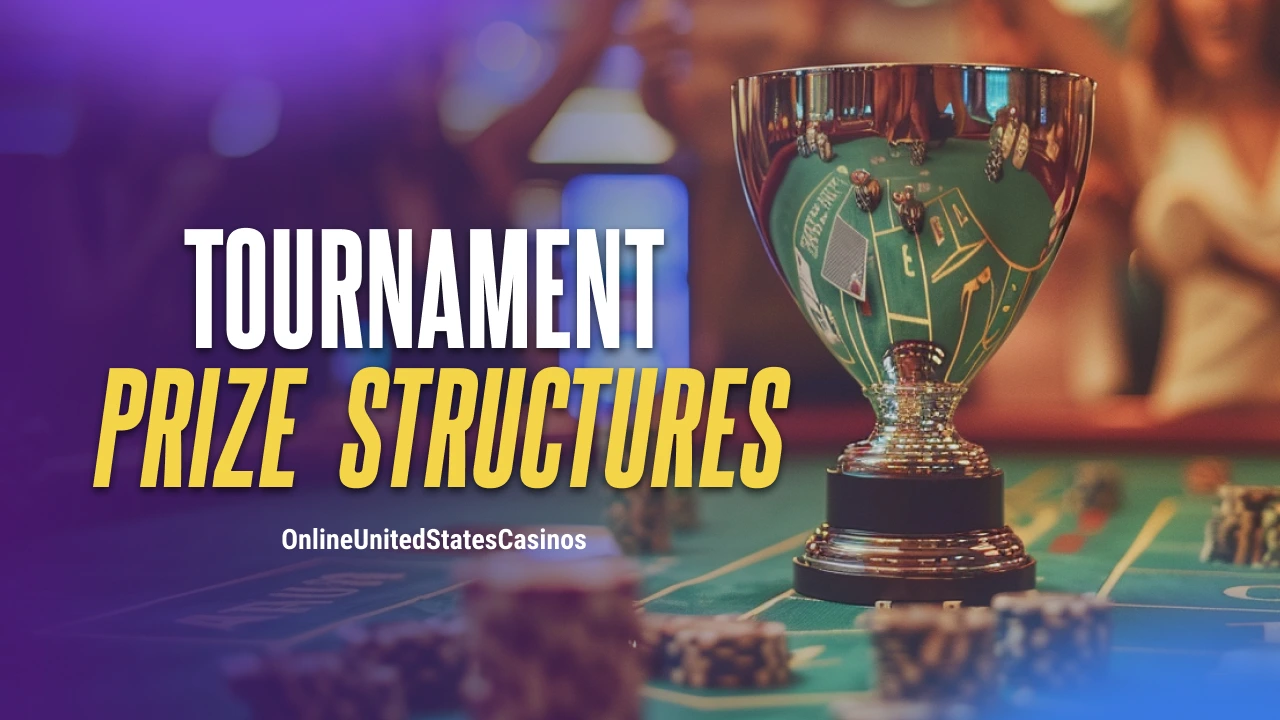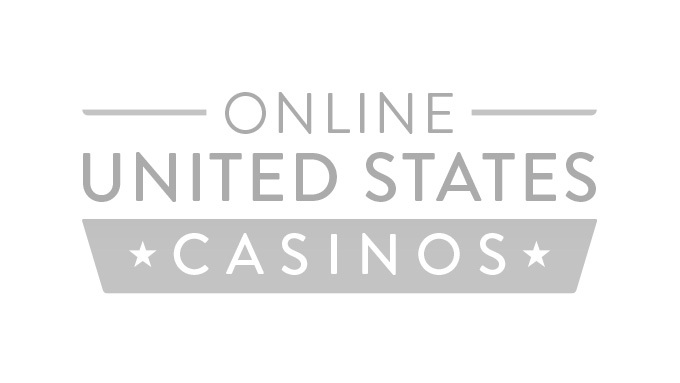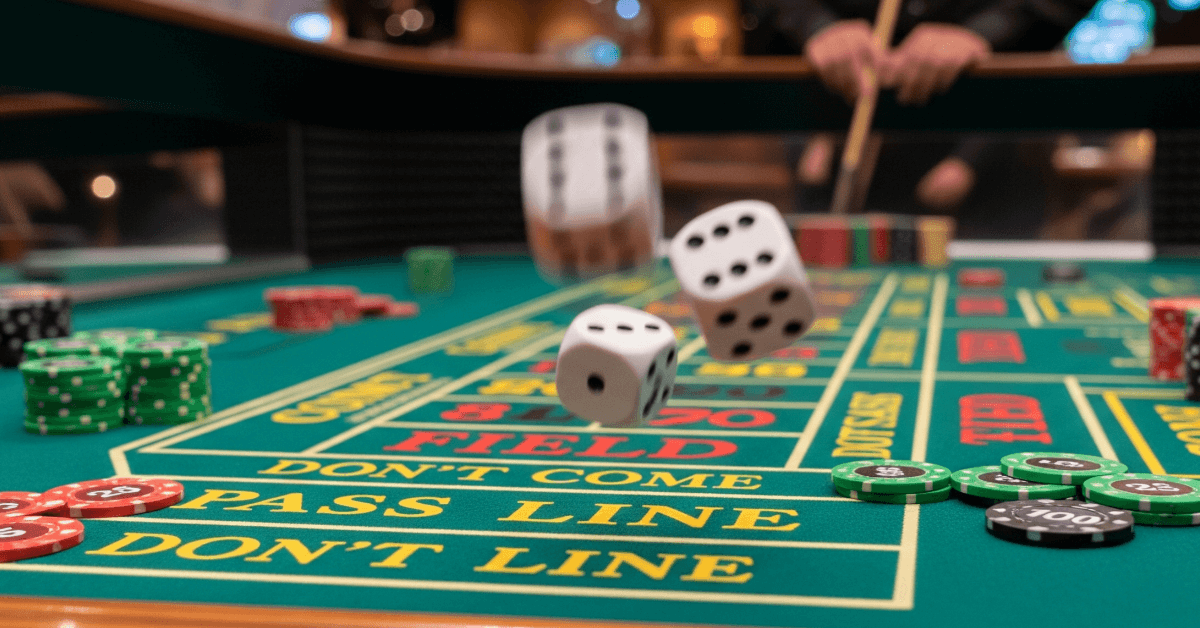Blackjack vs. Poker: Which Casino Game Should You Play?
Blackjack and poker are the undisputed icons of the casino world. They’re front and center on every casino floor, drawing crowds and stirring up excitement, but don’t let that fool you.
These two games offer completely different experiences.
This article takes you behind the felt to explore the striking contrasts between blackjack vs. poker. I’ll break down the key differences, highlight some similarities, share what I’ve learned from dealing both games in Las Vegas, and help you figure out which one might be the better fit for your style.
Blackjack vs. Poker: Key 5 Differences
When it comes to casino games, poker and blackjack may seem similar at a glance, but they are worlds apart in gameplay, strategy, and social experience. I would classify the difference into five key areas:
- Who you’re playing against
- House edge
- Pace of play
- Decision-making
- Social dynamics
The Opponent
The first key difference between poker and blackjack is the opponent.
- Real money blackjack is known as a mercantile game, where the player is betting against the casino or the house.
- Poker is considered a social game, where players bet against each other.
The focus of mercantile gambling is to ensure a profit for the house. In contrast, social gambling is centered around entertainment and connection. Social games were the first to appear in history, while mercantile games emerged in the 15th century.
A Quick Tale About Mercantile and Social Gaming
Mercantile or commercial gambling, refers to any form of wagering conducted for profit as a revenue source for a business or government.
The price of play is the house edge. Mercantile gaming freed players from the bonds of sociability. They could now gamble against professionally run establishments whenever they wished, for as long as they liked, instead of only playing within social circles on special occasions.
Over the centuries, mercantile gaming gradually spread across all continents, becoming increasingly regulated and often used to fund government revenue, civic infrastructure, and public services like education or senior care.
Social gambling is where players bet against each other—usually in friendly settings like home poker games, raffles, or drawings at charity events. Another example of social gambling is in mainland China, where any form of mercantile gaming (aside from the state-run lottery) is strictly forbidden.
Long sessions of poker or mahjong are popular in most households around the Lunar New Year. While money or gifts might change hands, these games are a widely accepted form of social gambling.
House Edge
The next key difference is the house edge. In a social game, there is no house edge. Participants bet against each other at equal odds. In a mercantile game, the house edge is the amount of money the casino is expected to make off the player’s hand.
Blackjack has roughly a 0.5% house edge, depending on the number of decks and the rules in play. The best house edge a player can get at a Las Vegas blackjack table is 0.26%. That setup typically includes:
- 6-deck shoe
- Dealer stands on soft 17
- Blackjack pays 3:2
- Player can double down on any two cards
- Player can double after splitting
- Option to surrender
- Re-splitting aces allowed
- No hitting after splitting aces
In poker, players are betting against each other. The casino isn’t involved in the outcome, so instead, it takes a rake, which is a percentage of each pot. This usually ranges from 2.5% to 10%, and it’s often capped to avoid excessive fees on large pots.
A common rake might be 5%, capped at $5 per game.
Pace of Play
In blackjack, dealers can deal 300 to 450 hands per hour, depending on the casino. Dealers are audited a couple of times per year to make sure they’re hitting the required hands-per-hour set by the house. The more hands dealt, the more money the casino makes.
Poker is naturally slower. Players are studying their opponents and taking time to think through decisions. That drops the hands-per-hour of poker to around 30. If players want a faster poker experience, they’ll usually turn to online poker, which deals about 75 to 100 hands per hour.Edge
Decision-Making
Blackjack has fewer decisions than poker, but they’re still critical. Making the right move can significantly reduce the house edge.
Poker players, on the other hand, face a wide range of decisions during every round. These include:
- Check: Pass the action to the next player without betting
- Bet: Wager chips into the pot
- Call: Match the current highest bet to stay in the hand
- Raise: Increase the current bet
- Fold: Surrender your hand and forfeit the pot
- Reading Opponents: Analyzing behavior and betting patterns
- Bluffing: Representing a stronger hand or extracting value from a weaker one
- Stack Management: Adjusting strategy based on chip count, especially in tournaments
In blackjack, players also have a handful of key decisions, each one impacting the outcome of the hand. These are based on the player’s hand, the dealer’s up card, and the odds of improving or busting:
- Hit: Take another card to get closer to 21
- Stand: Keep your current total and end your turn
- Double Down: Double your original bet and take one more card
- Split: If dealt a pair (like two 8s), split them into two hands
- Surrender (if allowed): Forfeit half your bet to end the hand
- Insurance (not recommended): A side bet offered when the dealer shows an Ace—mathematically, it’s a bad bet
- Basic Strategy: A strategy chart based on math and probability
- Table Conditions: Choosing tables with favorable rules (e.g., fewer decks, soft 17 rules)
- Side Bets: Extra bets like Perfect Pairs or 21+3—typically bad odds
Social Dynamics
The last key difference is social dynamics. In blackjack, players are united in a kind of co-op effort to beat the dealer. They often celebrate wins together, share advice, and create a fun, lively table vibe. The energy is usually friendly and upbeat.
Poker is different. It’s every player for themselves. The tone is more serious and reserved, with players guarding their emotions and strategies. While blackjack feels like a team sport, poker plays out more like a mental chess match.
Which Game Is Easier to Learn?
Based on my experience, blackjack is the easiest game to learn and the most beginner-friendly. Both the dealer and the players will be happy to help you out. However, in poker, nobody is going to help you. You are the fish, and the sharks will eat you alive.
Blackjack is generally straightforward to learn and more friendly to beginners than poker. The rules are very simple. The player is doing the same thing every hand. That repetition makes it easier to pick up. It only takes a few minutes to understand the basics.
You can even buy a blackjack strategy guide at any casino gift shop, and you will be as right as rain.
Poker, on the other hand, is more complex. You have to consider player psychology, probabilities, pot odds, and betting strategies (like when to raise or when to just call.) All of that adds to the intricacy of the game.
Blackjack or Poker: Which Card Game Suits You Best?
In short: for beginners and casual players, I recommend blackjack. For competitive, strategic players looking for a challenge, try your luck at poker.
Blackjack: Quick, Social, Low-Stress
If you’re the type of person who likes quick decisions, instant results, and a fun, energetic vibe, blackjack is your game. It’s perfect for casual players who enjoy light-hearted competition without the pressure of outsmarting opponents.
With a low learning curve and a cooperative “us vs. the dealer” vibe, blackjack suits players who want action, but not stress.
You’ll love it if you’re social, have moderate risk tolerance, and prefer fast-paced games with fewer mental gymnastics.
Poker: Slow, Tactical, High-Stakes
Poker for real money is built for players who love a mental challenge, enjoy reading people, and don’t mind playing the long game.
It gives you control over your fate like no other casino game. It’s less about luck and more about timing, psychology, and strategy.
The slower pace and serious tone appeal to players who thrive in a quiet, focused environment—and don’t mind waiting patiently to strike when the time is right.
Similarities Between Blackjack vs. Poker
Although there are many differences between blackjack and poker, there are also similarities, such as skill and luck.
Skill: Mastering the Game
Poker: This card game is one of the most complex and compelling ones out there. It blends skill, strategy, and psychology.
Skilled players read betting patterns, body language, and timing to gain insights into what others might be holding. With well-timed bluffs or calculated raises, they can force opponents to fold stronger hands. That’s why poker success often comes down to smart play—not just lucky cards.
Blackjack: This game involves a different kind of skill. In mercantile games like blackjack, the player wins by following the casino’s rules—but doing it better than the average player.
Basic strategy is key, and when used at the right table with favorable rules, it can bring the house edge down to nearly 0%.
Then there’s card counting. It’s not illegal, and it’s one of the most effective tools players can use to tip the odds in their favor—without breaking any rules.
Advantage players (APs) also hunt for loopholes in casino promotions and exploit weak spots in game setups. It’s all about knowing the math and playing smart.
Luck: The Wild Card
Poker: The luck of poker relies heavily on the probability of being dealt a strong hand. Since players have no control over which cards they receive, luck plays a major role in determining who starts with the advantage in any given round.
Even the most skilled player can lose to a beginner if the cards fall the right, or wrong, way.
Blackjack: This game has its fair share of luck, as well. Especially when the player finds themself on a hot streak, when the cards fall just the right way, making your day a profitable one.
Whether it’s catching a string of winning hands, getting blackjacks left and right, or watching the dealer bust over and over again, these streaks can make the game feel almost magical.
Luck also shows up in the table vibe. Having a great group of players and a fun, personable dealer can turn an ordinary session into a memorable experience.
Story Time: The Drunk Guy Who (Accidentally) Outsmarted the Odds
One time, I was dealing blackjack and this drunk guy walked in and sat down at my table with $20. He did everything wrong. He splits 10’s, he stayed on a 5 when the dealer had a 10-up card, and he hit when he had a 17 (and got a 4).
It was amazing because he was winning almost every hand. He stayed at the table for 8 hours and finally left with $17,000. The dealers talked about this for weeks afterwards.
We were laughing so hard because we said ‘this guy was so drunk that when he woke up the next morning, and found all of that cash, he probably thought he robbed a bank”.
My Takeaway on Blackjack and Poker
In the end, while both blackjack vs. poker are legendary fixtures in the casino world, they offer vastly different paths for players and dealers alike.
Blackjack is fast, friendly, and perfect for those who want an easy-to-learn game with a lively atmosphere and straightforward decisions.
Poker, on the other hand, is a slow-burning strategy game where skill, psychology, and patience are key, and every opponent is also your competition.
Whether you’re a casual player looking for a good time or a competitive thinker seeking a mental challenge, understanding the differences between these two games can help you choose the one that fits your style and goals at the table.


